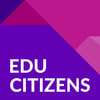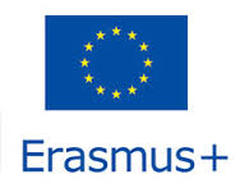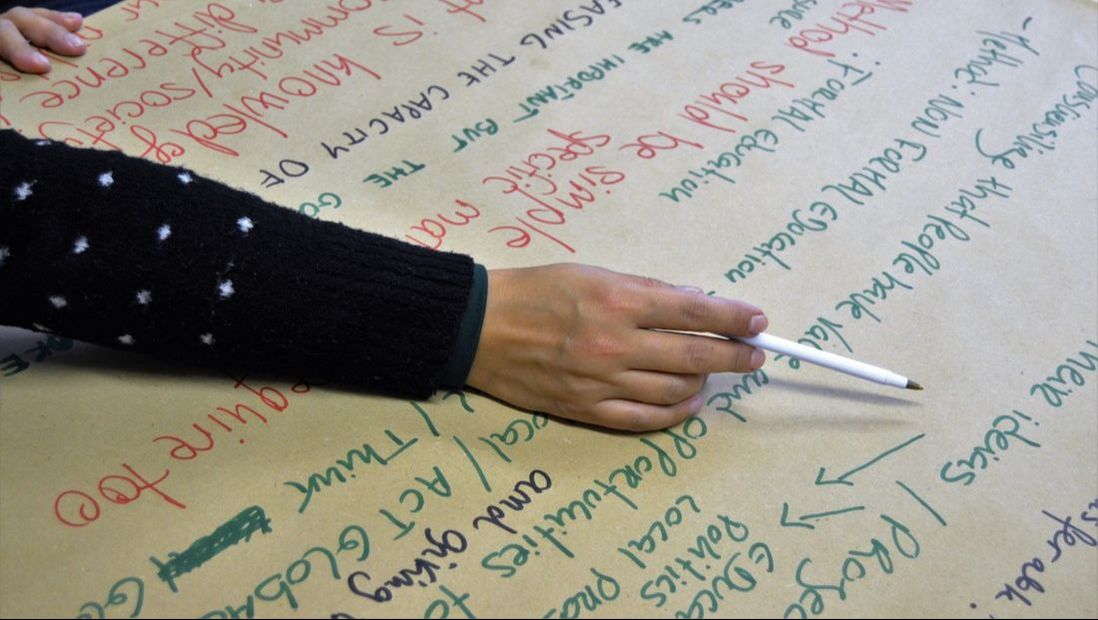/ erasmus+ KA2 strategic partnership educitizens
|
To participate is one of the core skills in the nowadays digital society. Participation means to be in the position to gather information, reflect them and articulate opinion. Participation inherent the ability to conceptualize information and put them into different context. From the perspective of employability, the knowledge on how to participate includes management and leadership skills but as well openness for new ideas and concepts.
Transferring participation into education means to educate self-aware citizens, who are open to new ideas, cultures and concepts and who are willing to form and influence actively their society. Therefore it will be beneficially to create curricula, which have a European perspective on citizenship and participation. Still each country inside the EU has different approaches, traditions and educational systems. Further on trainings and workshops exist but never been brought together at the European Level. The project seeks to create an evaluation grid for identifying best practice in citizenship building and collect those practices in a method handbook. This handbook can be understood as a tool-box for trainers, teacher and other facilitators in order to create innovative and tested instructions all over Europe and across all educational sectors. The project will run for two years and will consists out of a number of multinational meetings (each partner will organize one) where good practice methods are presented and discussed. The project will be organized in a series of multinational meetings at every partner organization. At every meeting the partners will present two good practice examples of participative methods or projects in education. All methods will be documented, collected and published at the end of the project. In order to identify the good practices, the partnership will collect indicators and create an evaluation grid to identify good practices. The grid and the method handbook will be open accessible and should be used by institutions from all education sectors in formal and non-formal learning. The project can be understood as a pre-assessment of the needs to create and test European curricula in citizenship building. The projct target directly trainer and teacher in all educational sectors. During 7 project meetings we will work on 70 good practice examples, 14 input reports and 7 policy recommedations, which will be published in a comprehensive project eBook. Through sharing good practices of participation and citzenship we seek impact on all administrative, organisational and educative levels. We expect the participants of the project to extend their knowledge on training participation and citizenship and how this is done in Europe. We expect participants organizations to professionalize and innovate their curricula through new methods. We expect the learner sto become more motivated to perform lifelong learning and we expect stakeholders to become more aware on the need to include participatory methods in teaching and training. On the long run the projects wants to support the aims of the Europe 2020 strategy – to involve more people in lifelong learning, empower people to involve and strengthen the European society to fight back radicalisation of any kind. |
/ methods
|



